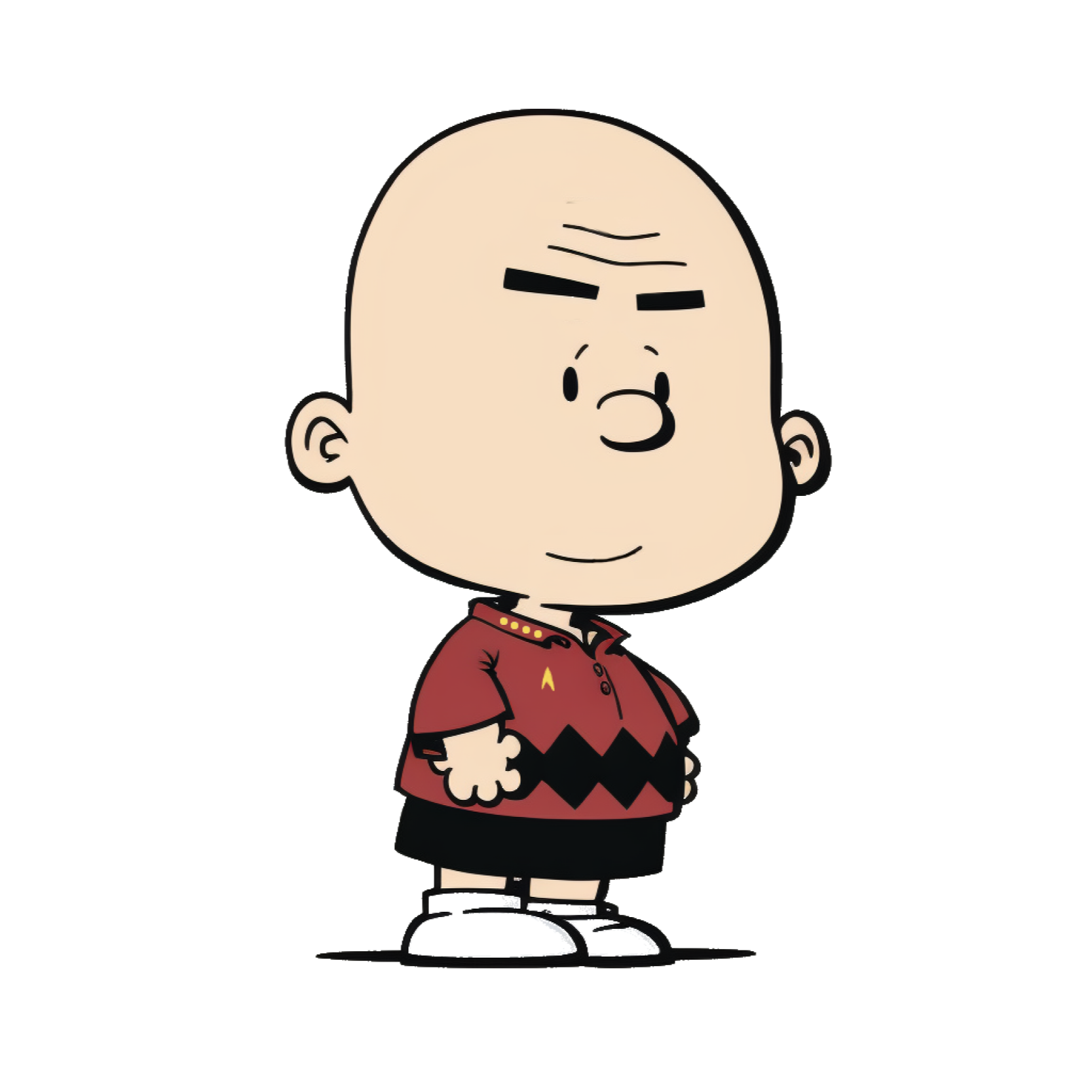In 2008, the Marvel film Iron Man hit theatres, kickstarting a pop culture obsession with the charismatic Tony Stark – a fundamentally different kind of superhero billionaire to the ones we were used to seeing.
Unlike Bruce Wayne’s brooding mystique, Stark was brash, witty, and self-consciously a genius. Also unlike Bruce Wayne, Stark was primarily a weapons manufacturer. Nevertheless, the on-screen persona resonated with audiences eager for a new kind of hero, albeit, still a billionaire.
At the same time, in the real world, another billionaire was having what he has since described as the worst year of his life.
Elon Musk was on the brink of disaster: both Tesla and SpaceX were teetering on the edge of bankruptcy. Yet, despite the turmoil, his public image remained largely positive. He was enigmatic, and though not as naturally charismatic as Stark, the word "genius" had begun to attach itself to him. The fortunes of his companies were also about to change.
In September 2008, SpaceX successfully launched the Falcon 1 rocket for the first time. The following year, Tesla received a $465 million federal loan. From there, his ascent seemed unstoppable.
Comparisons to the fictional Tony Stark became commonplace. As the Marvel Cinematic Universe (MCU) grew into a cultural behemoth, Musk's personal brand rose in parallel. He was heralded as a "real-life Tony Stark," a modern-day inventor-hero capable of single-handedly dragging humanity into the future. This cult of personality was fuelled not just by Musk’s own self-mythologizing but also by a media eager to play along and a public desperate to believe in superheroes. It was a symbiotic relationship. Marvel had a growing new cultural empire built on Tony Stark, and Musk had a growing new personal empire built on the idea that he was Tony Stark.
Meanwhile, the media was only too happy to feed and feed upon both.
But this phenomenon was never really about Musk. It was about a deep and chronic disappointment with the real world. When political and economic systems fail to deliver tangible progress, people cling to the idea of larger-than-life figures who promise salvation. Superheroes are most appealing in times of crisis. The same psychological impulse that drives superhero worship is what enables the rise of strongmen and demagogues. Musk, though not a political leader (yet), was granted an almost supernatural degree of agency in the public imagination. He was seen as someone who could achieve the impossible – who could manifest the future through sheer force of will.
The irony, of course, is that this was something of a self-fulfilling prophecy. The hype actually empowered him. Tesla’s stock exploded, not because of the inherent value and quality of the cars or their market share, but because of the brand – because of the myth.
As Musk’s fortune and influence grew, so too did his ego. Electric cars and space travel were no longer enough. He turned to underground tunnels with specialized vehicles (essentially glorified trains), brain-computer interfaces and a takeover of social media. He wasn't just here to take us to Mars. He was going to save the world.
With infinite money comes infinite ambitions, infinite power and apparently infinite delusion.
Musk’s transformation from tech visionary to political menace – from awkward entrepreneur to a man actively dismantling institutions, undermining democracy, and toying with the future of civilization like a child with a box of Lego – is not an accident. It is a uniquely American story. He, like Donald Trump, is not an anomaly but a symptom. A nation obsessed with celebrity, with hero-worship, and with the idea of singular, all-powerful saviours inevitably finds itself ruled by the very figures it creates.
The problem is not "wokeism" or identity politics or political correctness or any of the distractions Musk and his ilk decry. Those are paintings on the inside of our eyelids we have accepted as reality.
The problem is the normalisation of narcissism and corruption, the concentration of both wealth and agency, and the cult of Übermensch celebrity itself. The cumulative product of which is to pollute even our activist discourse with a desperate scrap for individual authority and a compulsive need to be the centre of attention.
The fact is, we do not need real-life Tony Starks. They shouldn’t exist. And any reading of the source material would make it clear that even within their own fictional universes they only exist as a by-product of enormous problems, both institutional and personal.
What we need is to address real problems collectively, with real accountability, real integrity, real institutions, and real progress.
Because when a society bets its future on superheroes, it ends up with villains instead.

